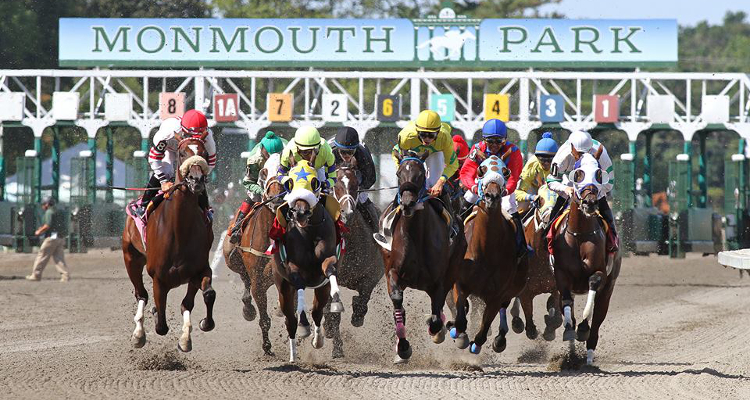In New Jersey, Monmouth Park Racetrack is reportedly anxiously waiting to hear whether the United States Supreme Court will overturn the existing Professional and Amateur Sports Protection Act (PASPA) so that it may offer legalized sportsbetting.
According to a Tuesday report from the Asbury Park Press newspaper, horses are due to start arriving at the Monmouth County facility from tomorrow ahead of its opening day fixtures on May 5 with the track eagerly hoping it will be permitted to complement these eleven races with a selection of legalized sportsbetting offerings.
Ratified in 1992, PASPA instituted a federal ban on all sportsbetting in the United States with the notable exceptions of venues located in the states of Delaware, Oregon, Nevada and Montana. Although New Jersey had been given the chance to become the fifth member of this rather exclusive club, it was unable to pass required legislation in time although its former two-term Republican Governor, Chris Christie, later initiated the Christie v NCAA legal action in hopes of changing the current state of affairs.
The Asbury Park Press reported that the nation’s highest court has been considering this case since December and is widely expected to make a final decision before breaking for its summer recess in July, which would not be in time for the track’s opening day in May.
However, the newspaper reported that Monmouth Park Racetrack is hoping that the United States Supreme Court reaches a verdict sooner rather than later so that it can gain a share the $50 billion nationwide legalized sportsbetting could bring in during its first year. The one-mile track purportedly used the proceeds from a two-year sponsorship deal it inked with British sportsbetting giant William Hill to transform an existing area into its William Hill Sports Bar, which it wants to quickly convert into a sportsbook.
The Asbury Park Press reported that Monmouth Park Racetrack has been leased from the state by the New Jersey Thoroughbred Horsemen’s Association since 2012 when Christie privatized the horseracing industry and ceased giving it annual subsidies collected from the casinos in Atlantic City. This support had been utilized to increase purses and the move has since seen the Oceanport track struggle amid increased competition from facilities in neighboring states that still receive such assistance.



